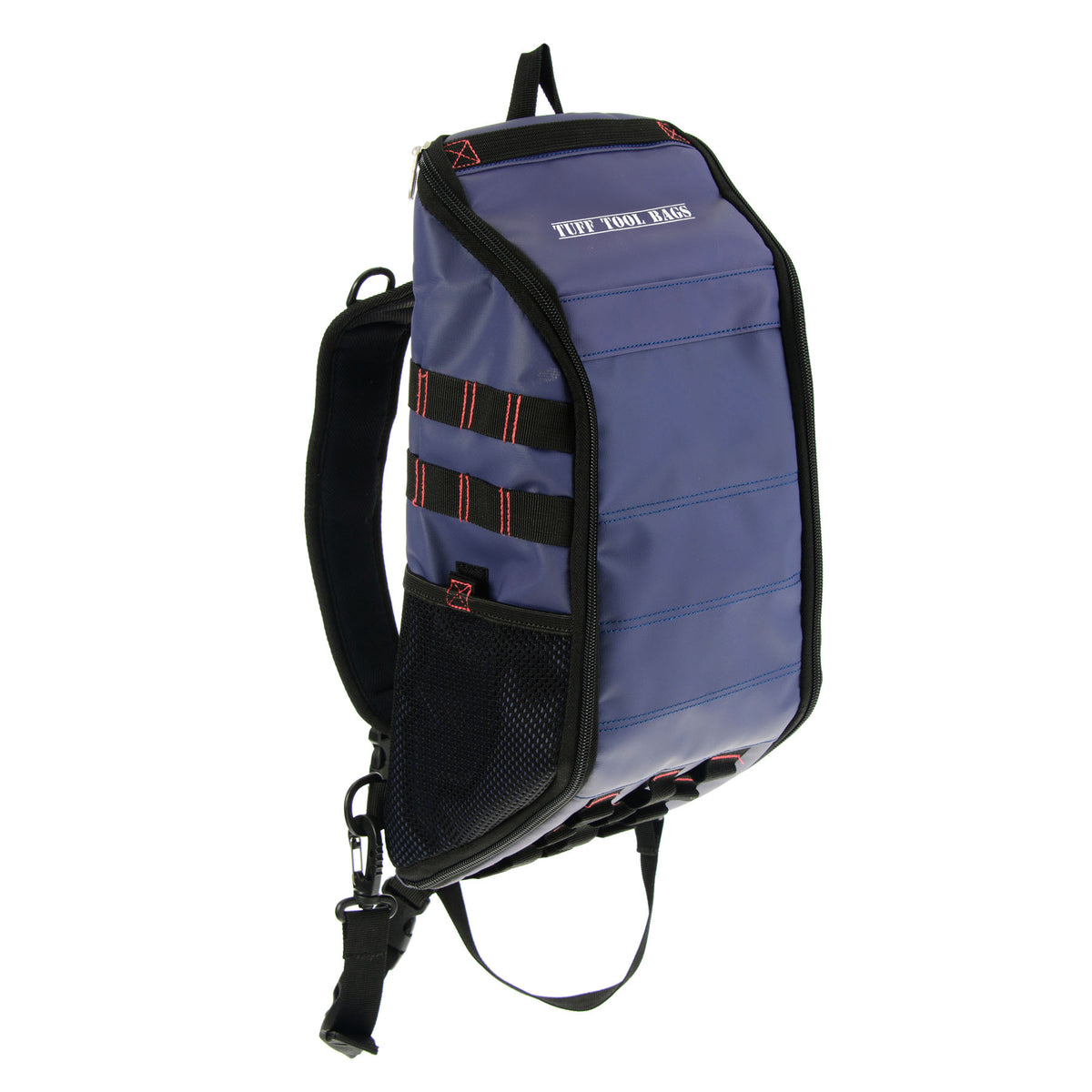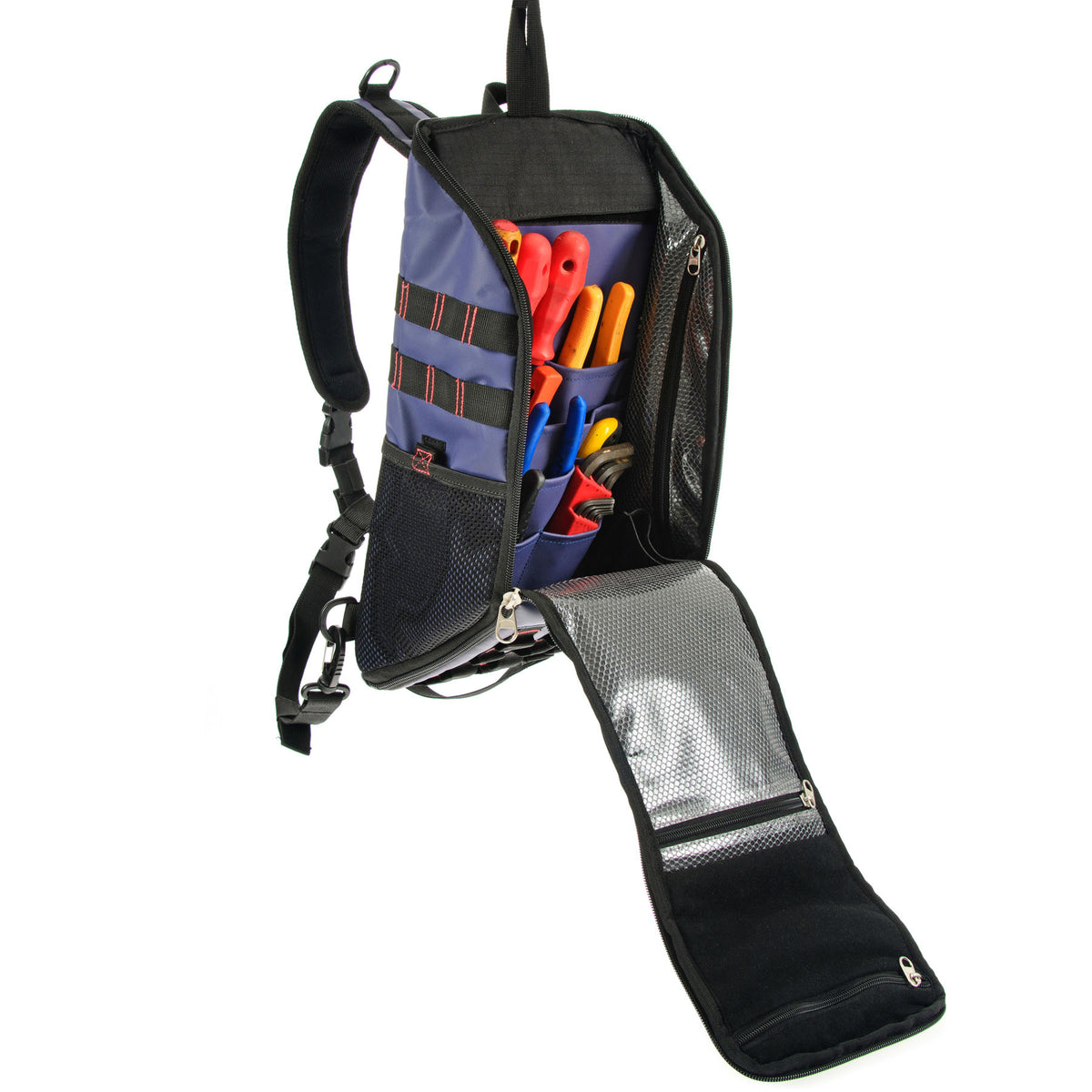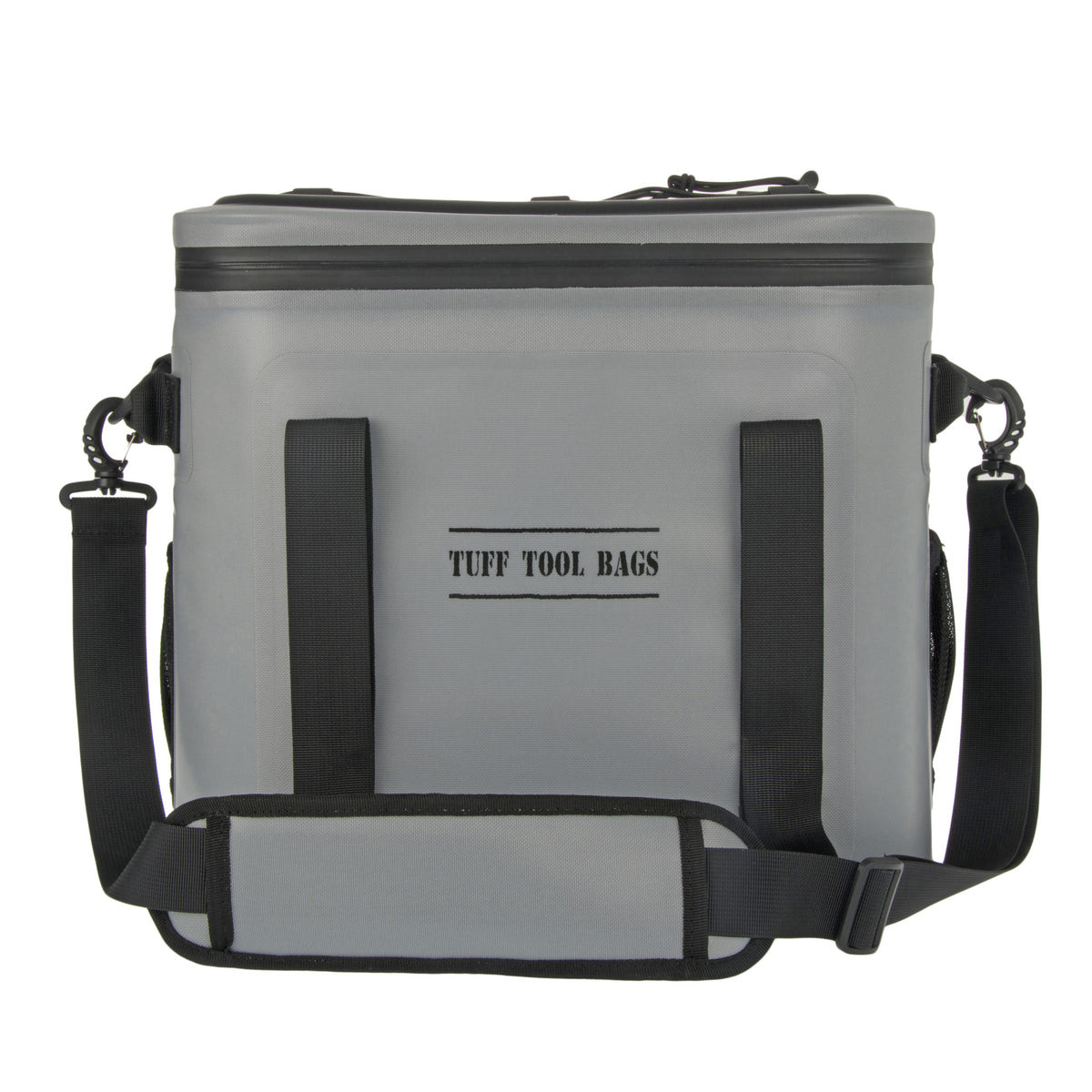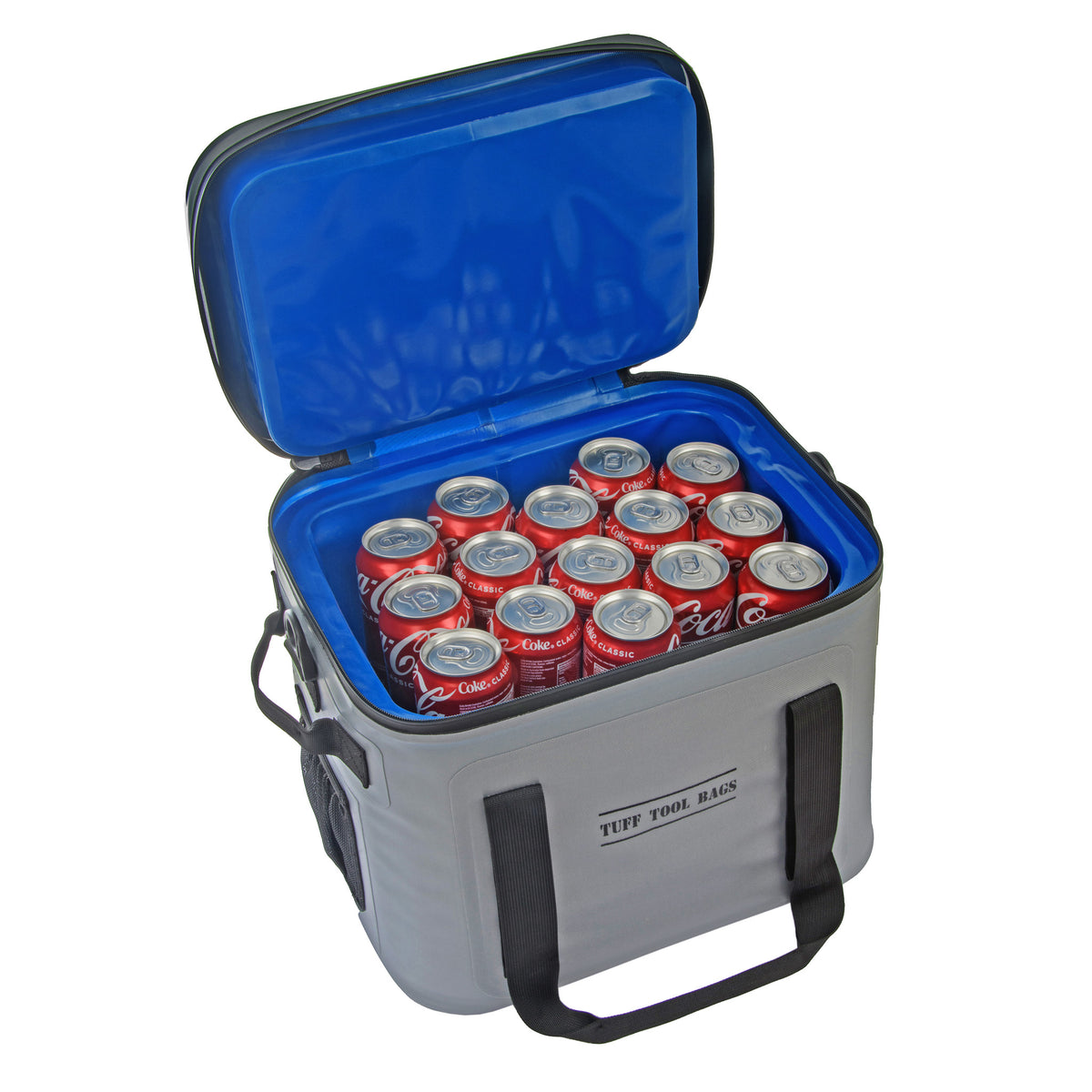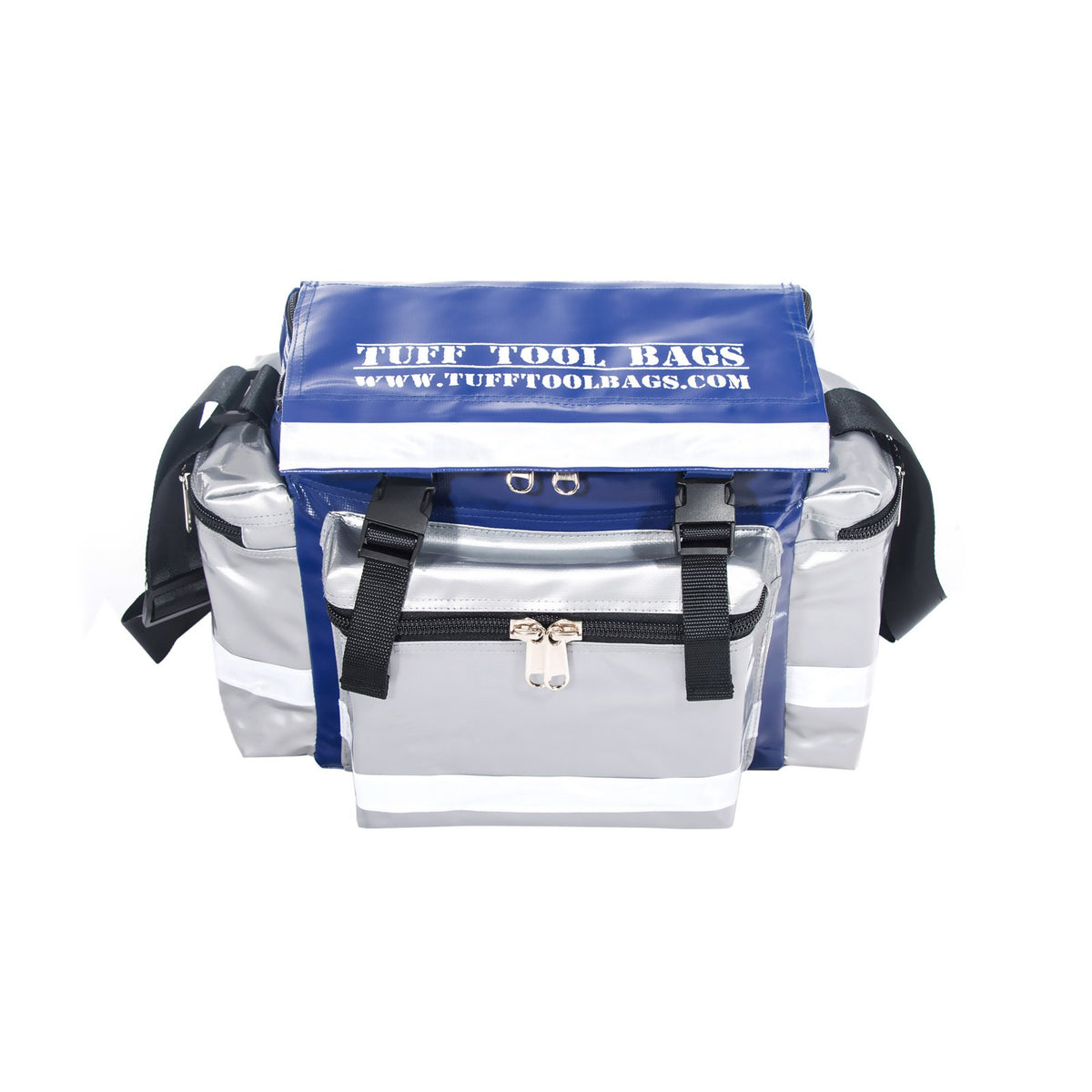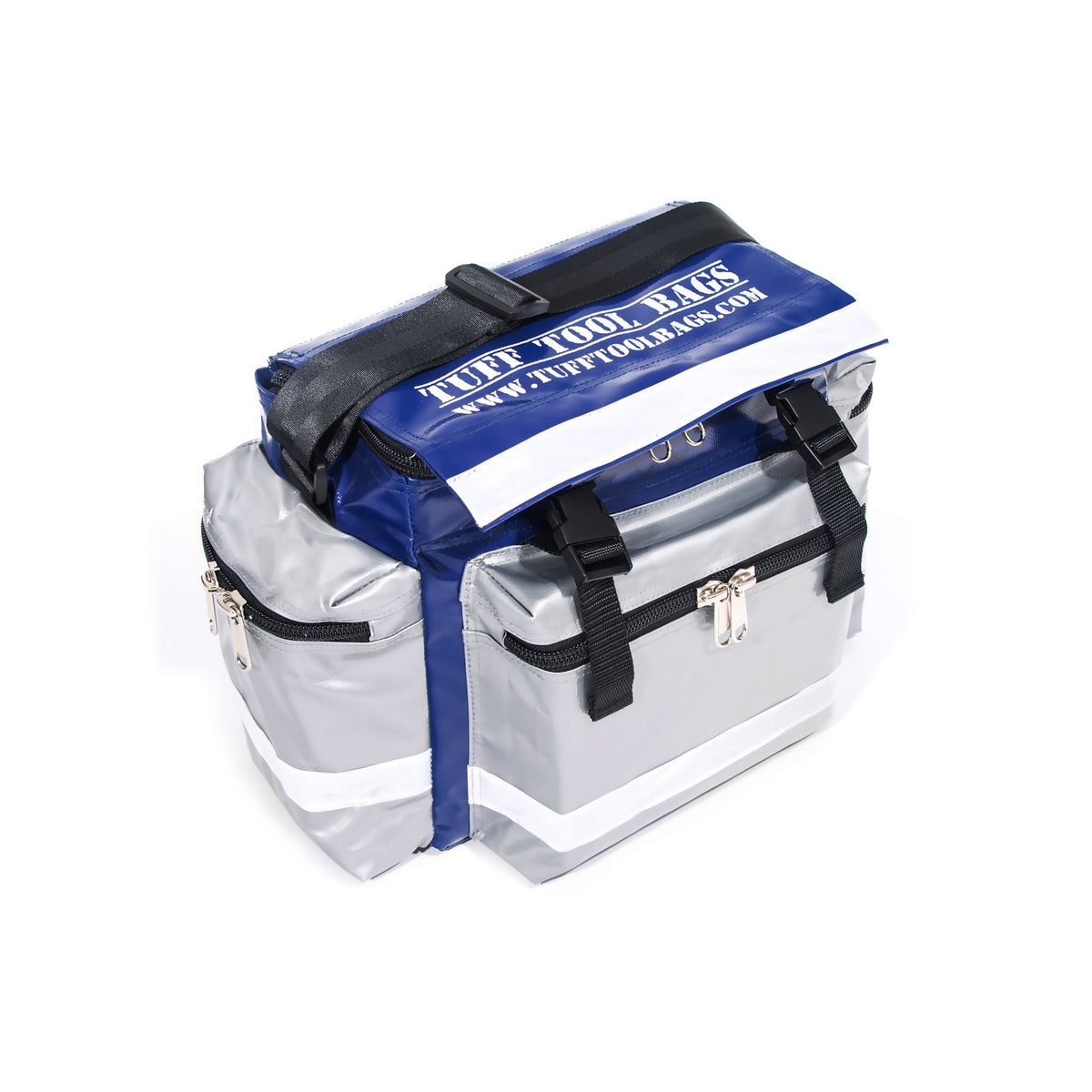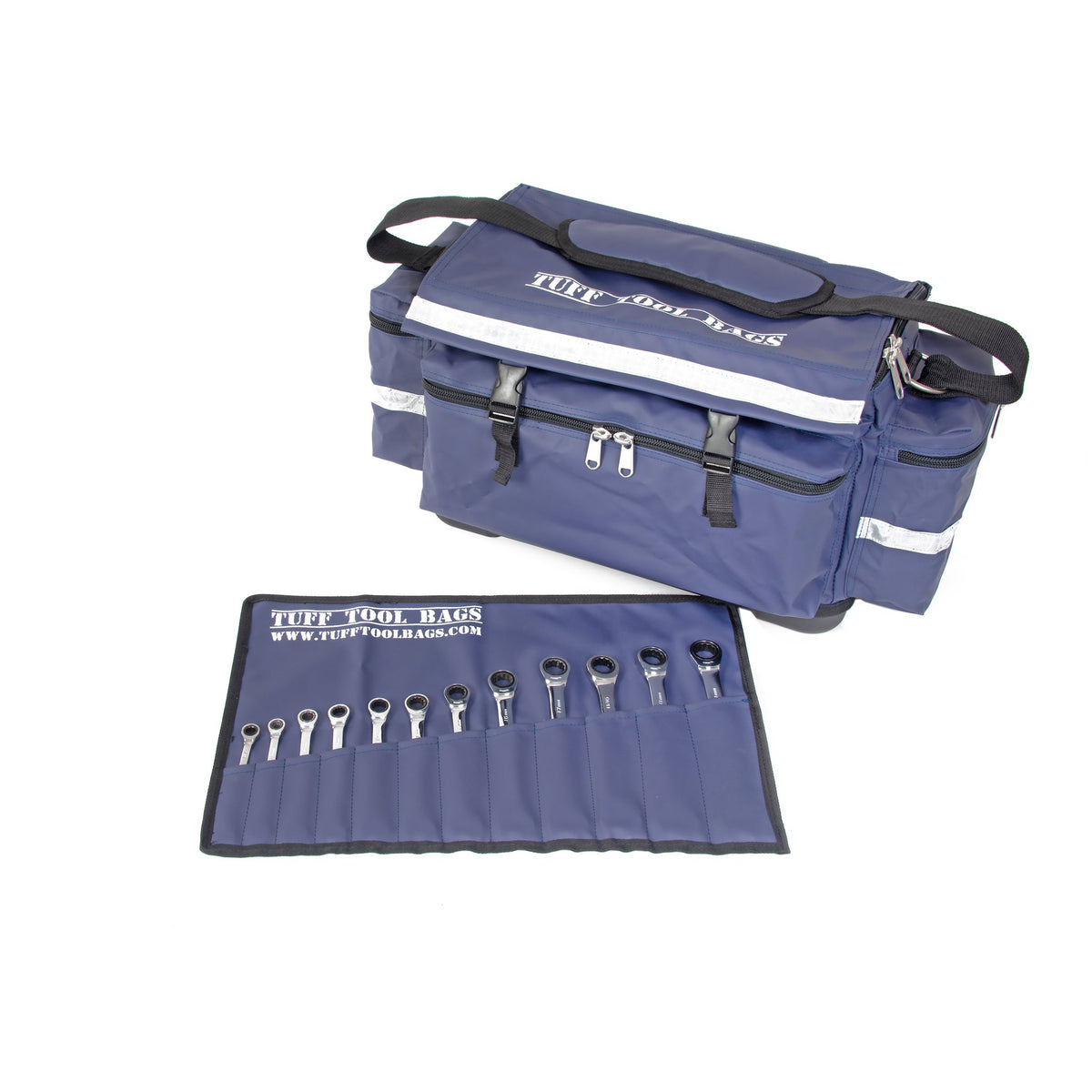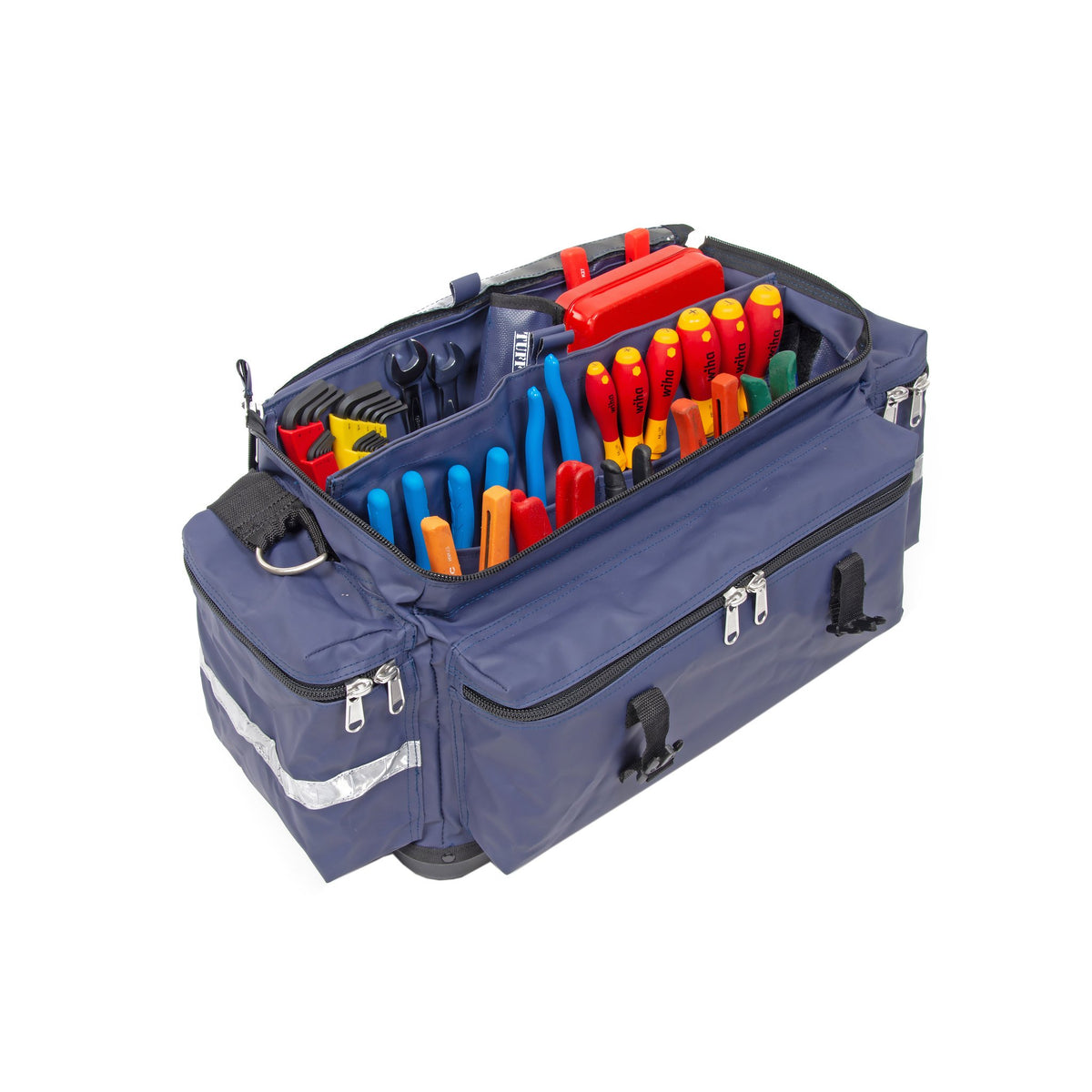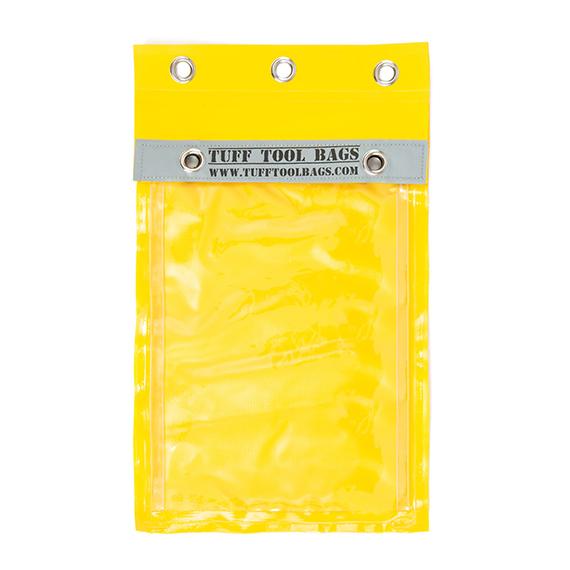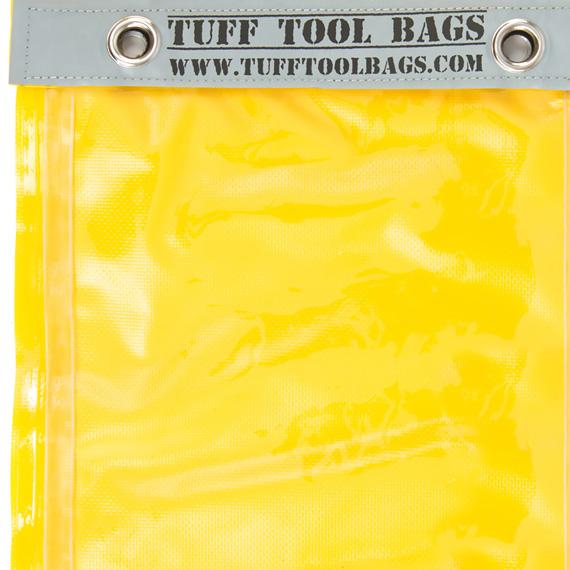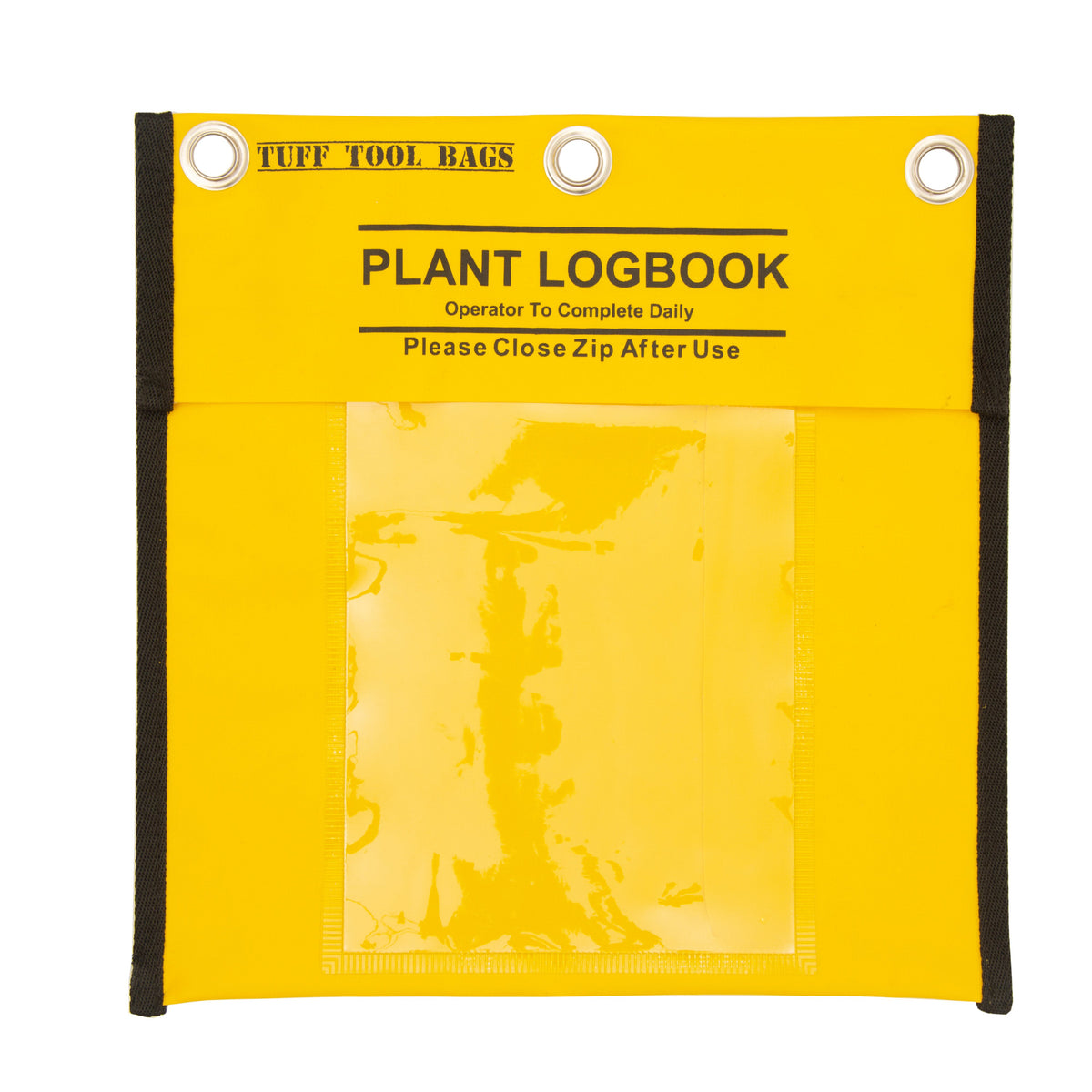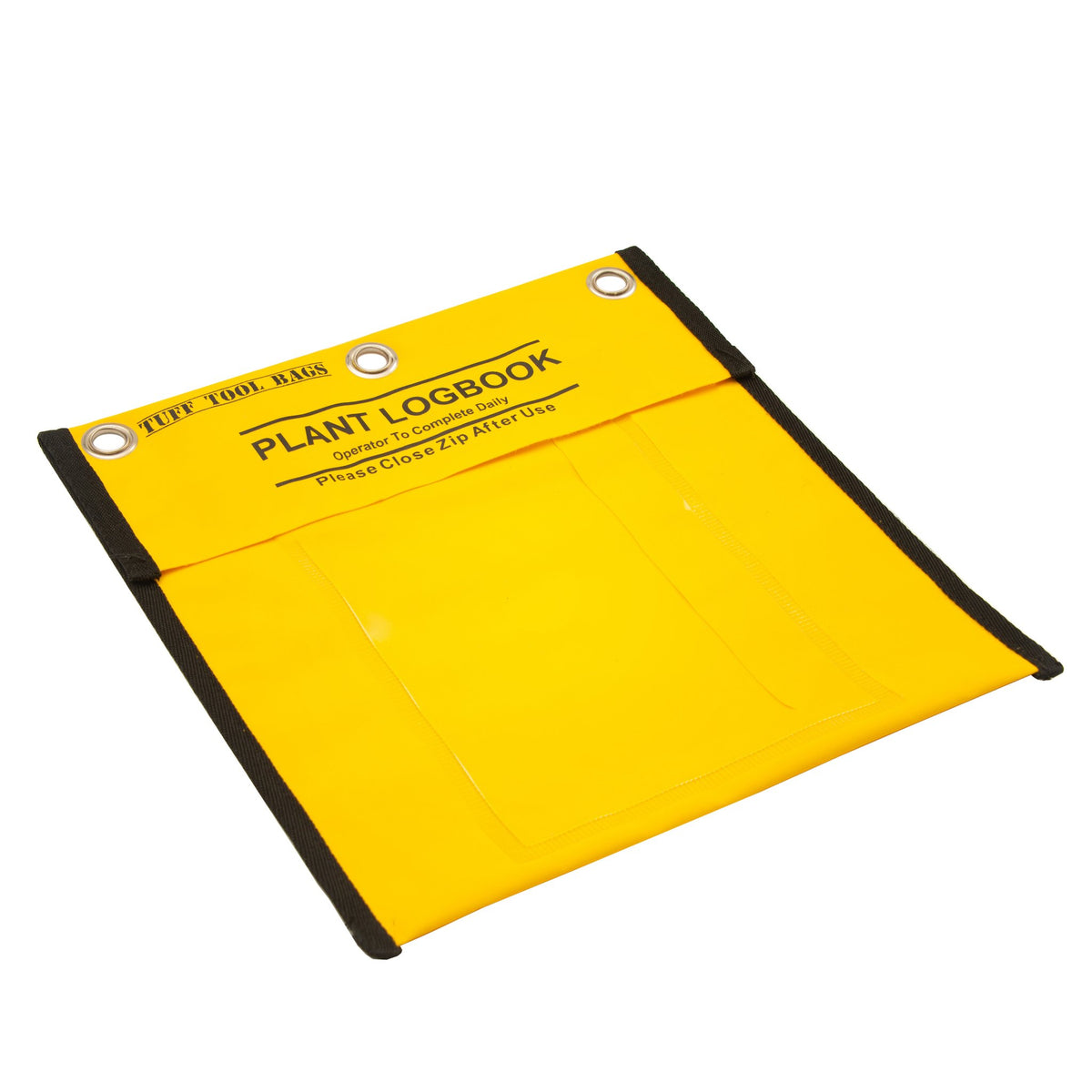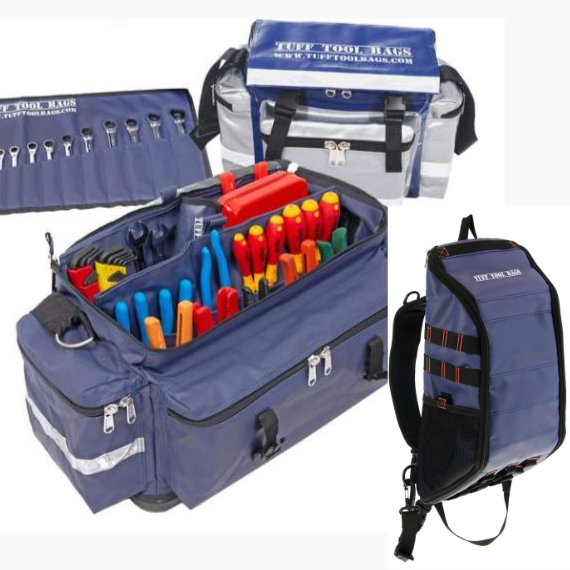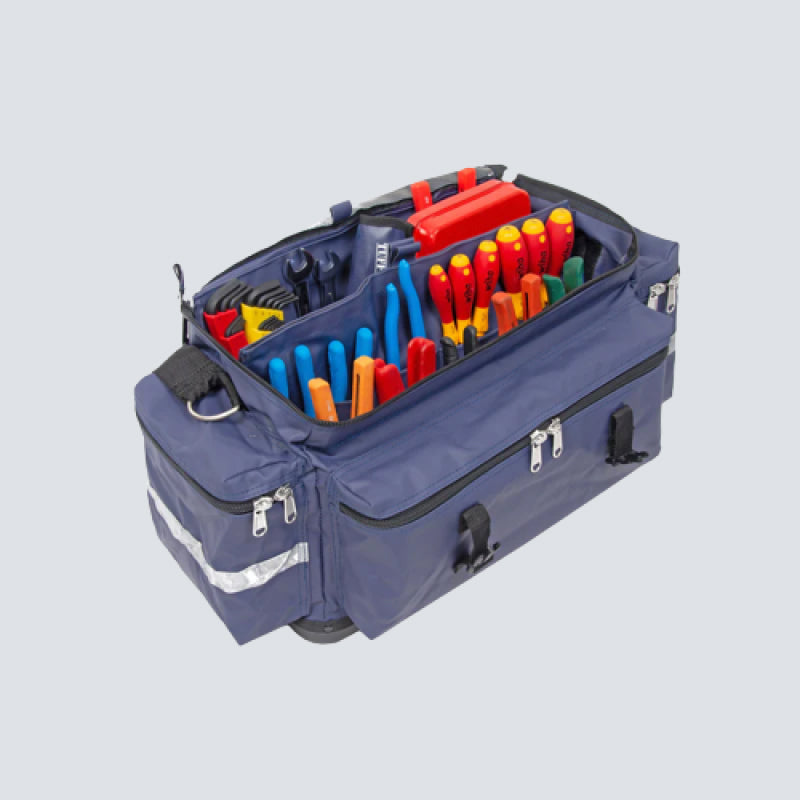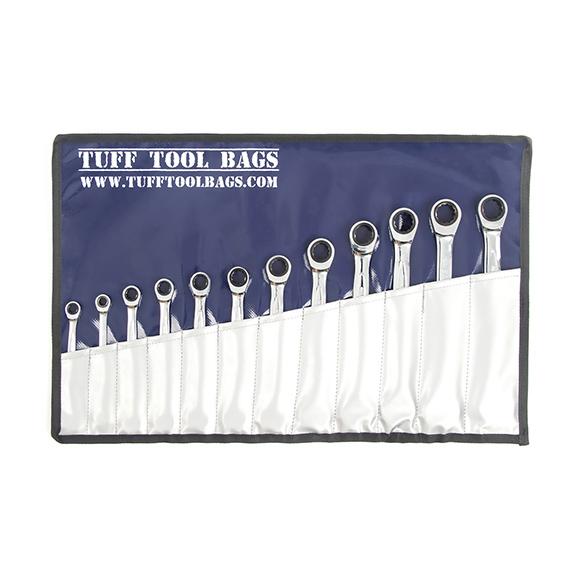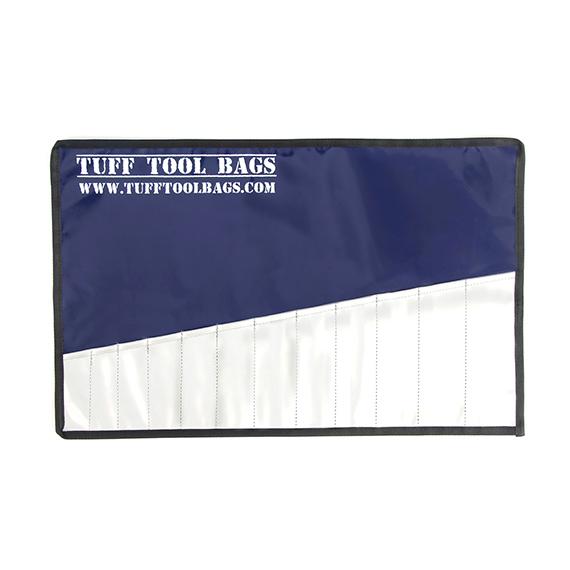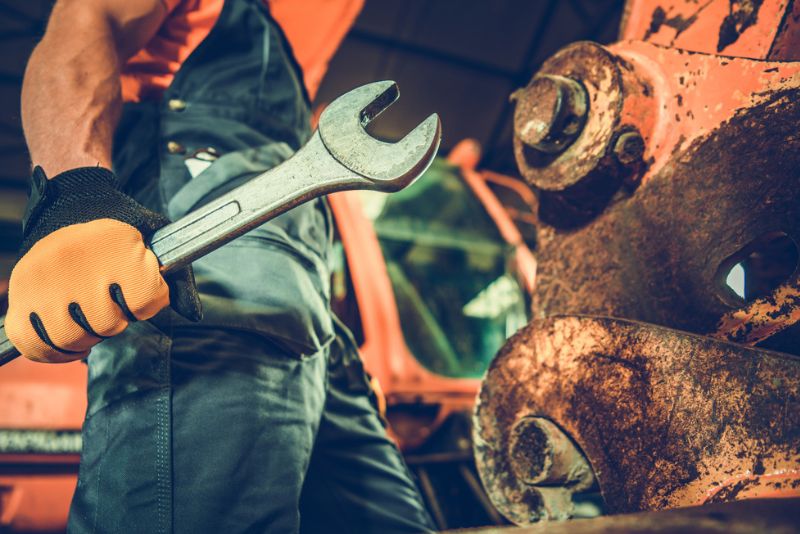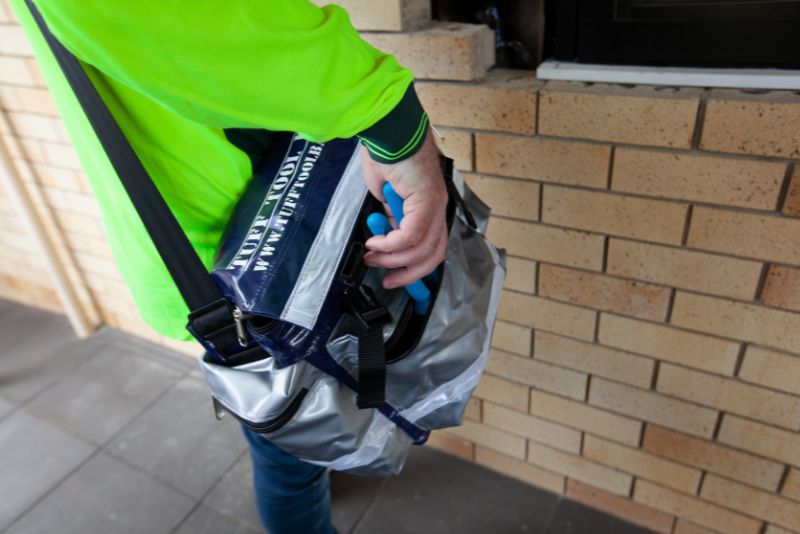FIFO work is on the rise in Australia, particularly among younger individuals without family commitments. However, this job opportunity isn’t restricted by age and is steadily expanding each year. The FIFO lifestyle attracts those who love to travel, prefer remote living, or seek a fresh experience. So, what’s the real deal with being a FIFO worker? Let’s dive into the details.
What is FIFO?
Fly-in-fly-out, commonly abbreviated as FIFO, refers to individuals who must travel by air to their work site and then return home once their job is completed. This arrangement is frequently associated with individuals employed in remote rural areas, necessitating extended periods away from home. While on the job, their employer typically covers their accommodation and meal expenses.
What are the benefits of working as a FIFO worker?
- Compensation is generally higher to compensate for the disruption to your personal life. After all, each new project requires leaving family and friends behind and working long hours, often up to twelve-hour shifts, seven days a week.
- You have the opportunity to work in diverse locations without the need to permanently relocate, sparing you the hassle of uprooting your entire life or moving your family.
- Saving money becomes more manageable as your employer covers your meals and lodging expenses. And because it’s usually two full weeks of work, you’re not spending much in that time, either.
- Building a network within the industry opens doors to career growth and opportunities.
- Although you may work intensively for two-week stretches, the upside is that you also enjoy two weeks off to spend quality time with your loved ones.
- Collaborating with like-minded individuals who share your job experiences leads to forming faster and stronger friendships.
What’s the hardest part about being a FIFO worker?
It’s not always easy to be a FIFO work, especially those with young families that they must leave behind. Missing out on big events and milestones for kids can play havoc on your mental health. Another struggle many have is the extreme conditions you have to face when out in rural areas and being so far away from the conveniences of home life. It can also be tough on relationships to have one partner being away for long periods of a time. There’s usually an adjustment period until you figure out ways to cope and work around the hard parts of the job. While there are many positives to being a FIFO worker, it’s good to know what you’re getting into before you start.
How do you become a FIFO worker?
Securing a FIFO job can be challenging when companies often demand prior experience. Fortunately, there are numerous opportunities for individuals starting out in the field without prior experience. You can find entry-level positions such as operating machinery or handling heavy equipment, or roles that require some training before you begin, allowing you to progress over time. Don’t hesitate to begin with smaller roles because gaining initial FIFO experience significantly enhances your chances of securing more substantial work. Be prepared to put in the effort, approach the job with a learning mindset, ensure you have your tools ready, and actively build connections to kickstart your career.
MADE FOR TRADESMEN, BY TRADESMEN
At Tuff Tool Bags, we offer a wide range of vinyl tool bags to suit any tradie or hobbyist. And if you’re not sure what you need or need a little help, simply contact us today. We’re always happy to have a chat.



